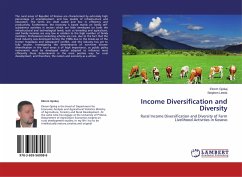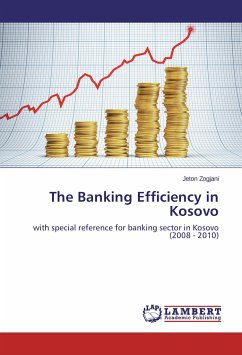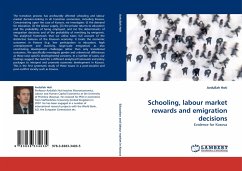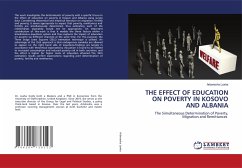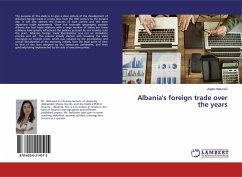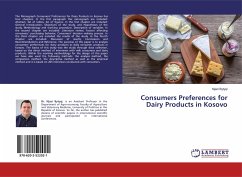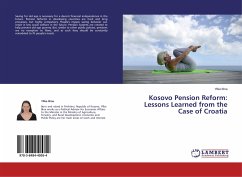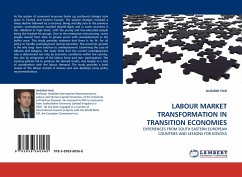The rural areas of Republic of Kosovo are characterised by extremely high percentage of unemployment, and low quality of infrastructure and education. The farms are small scaled and low in efficiency and productivity. Furthermore, the economy is based mainly on family self-subsistence activities in sectors which are little developed on both the infrastructural and technological levels, such as breeding and agriculture, and family incomes are very low in relation to the high number of family members. Professional marketing scheme are rare, due to the fact that the food industry was destroyed during the 1990s due to the break-up of the former Yugoslavia and subsequent conflict, and this industry has yet to fully recover. Investigating the determinants of non-farm income diversification in the rural areas is of high importance, as public policy instruments must be developed and/or adapted to influence most efficiently these determinants in the most positive way for rural development, and therefore, the nation and economy as a whole.
Bitte wählen Sie Ihr Anliegen aus.
Rechnungen
Retourenschein anfordern
Bestellstatus
Storno

